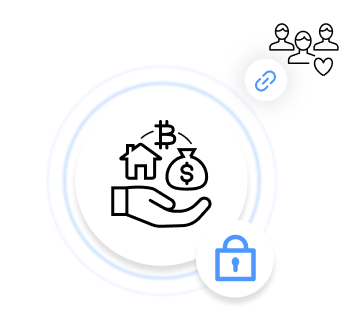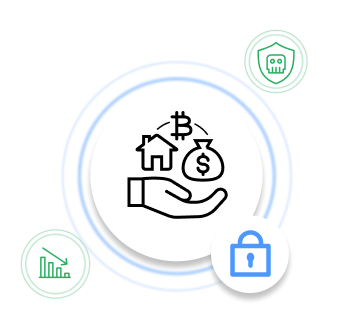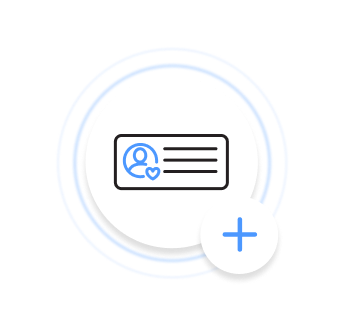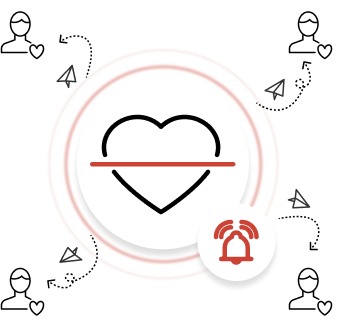
Last Will and Testament
What is a Last will and Testament?
A Last Will and Testament is a legal document in which a person expresses their wishes about what should happen to the assets they own and who should inherit them.
In the 18th and 19th centuries, a Last Will and Testament consisted of two separate documents containing instructions on how to distribute the testator’s assets after they passed away and who should take responsibility for the guardianship of minor children and other matters.
Traditionally,
- The Will governed the inheritance of any type of real estate, property, land, etc.
- The Testament governed the inheritance of personal and movable property such as money, gold, jewelry, precious goods, and cars.
The need to prepare two separate documents was determined by certain laws in force at the time.
Is a Last Will and Testament the same as a will?
The modern will includes the disposition of all property, digital assets, and financial assets of the testator.
It is important to note that a will comes into force only after the death of the person who wrote the will, and each new document overrides the previous one.
What digital assets can you hand down through your estate plan?
All digital items that are licensed, not owned, cannot be inherited or transferred to someone. The best examples of non-transferable digital assets are email and social media accounts. In this regard, the role of the estate plan is to clearly indicate who has the right to close and/or completely erase these non-transferable digital assets.
Are digital assets property?
What should you never put in your will?
Although writing a will is pretty straightforward, and should not be complicated, there are several things that you should not include in it.
Here are the main 3 things:
Accounts with designated beneficiaries
Beneficiaries that you have already designated in your life insurance policy or financial account cannot be replaced by other beneficiaries by a will.
Jointly held property
Property held in the name of two or more parties
Contingency gifts
It is not always legal to leave an inheritance that obliges the heir to do something to receive it, for example, to marry.
How do you write a simple will for free?
A simple and very reasonable question you might have is “How do I write a simple will for free?” The simple answer is by writing a valid holographic will.
![]() Simple, easy, and definitely free
Simple, easy, and definitely free
There are certain steps you need to follow when writing your holographic will.
![]() Catalog your assets
Catalog your assets
Catalog all the assets you want to include in the will and indicate how they are to be distributed among your beneficiaries.
![]() Designate your beneficiaries
Designate your beneficiaries
Write the names of your loved ones whom you want to inherit the things you will leave behind.
![]() Name an executor of your will
Name an executor of your will
This is the person named in your will who will carry out your wishes after you pass away.
![]() Other wishes
Other wishes
Think about other concerns that are important to you.
![]() Write the correct date and place and sign your last will and testament
Write the correct date and place and sign your last will and testament
After you have written your will in your own handwriting and signed it, there is one final step.
![]() Find two witnesses
Find two witnesses
These are people who are not included in your will who sign to indicate that they have witnessed your signature.
Of course, instead of looking for witnesses, there is always the option of finding a notary to notarize it. Usually, it is neither required by law nor free. So, if you want to create your own free will, it is best to draw up a holographic will.
DGLegacy and Last Will and Testaments
What does DGLegacy have to do with a Last Will and Testament?
You can catalog your digital, financial, and non-financial assets and assign them to your preferred beneficiary, at the time you choose – while ensuring that your executor will know where to find your will.
With DGLegacy, you can protect all types of assets. It is also easy to keep your list of assets and beneficiaries up to date.
This way, in the event of anything unforeseen happening to you, your loved ones:
![]() Are aware of your assets
Are aware of your assets
![]() Can identify and locate your assets
Can identify and locate your assets
![]() Can minimize the chance of unclaimed assets.
Can minimize the chance of unclaimed assets.
HOW IT WORKS
Protect your loved ones quickly and easily

Set up “alive” event
Crucial for the system's functioning, this step allows us to monitor that you are “alive”, we name it HeartBeat protocol. You have the option to adjust according to your preferences.
![]()

Catalog your assets
Catalogue the assets via DGLegacy, with minimum basic information needed, allowing your beneficiaries to identify and locate them.
![]()

Protect your assets
In case of a cyber security breach in a company which holds your assets, or media alerts for a risk related to its financial stability, DGLegacy will proactively notify you.
![]()

Invite beneficiaries and trustees
To add beneficiaries and trusties you need only their basic contact information - email and name. They will receive an invitational email.
![]()

Detection of fatal event
The Heartbeat protocol of DGLegacy, custom-engineered for your safety, confirms your well-being and detects any unexpected events. We proactively notify your beneficiaries about their designated assets in case of a tragic event.
TESTIMONIALS
Why DGLegacy® is the #1 place to secure your assets
![]()
![]()
CATALOGUE YOUR FIRST ASSET
Protect your loved ones when it matters the most
Join the people who trust DGLegacy® and start protecting your assets now.
 Victor
Victor Vlad
Vlad Ingrid Henke
Ingrid Henke Alara Vural
Alara Vural Agnieszka Michalik
Agnieszka Michalik Stella Schmitz
Stella Schmitz